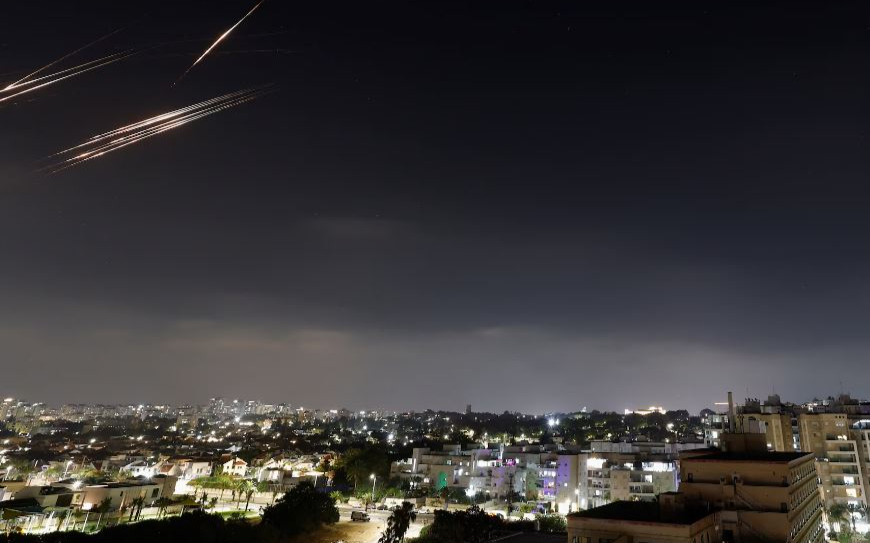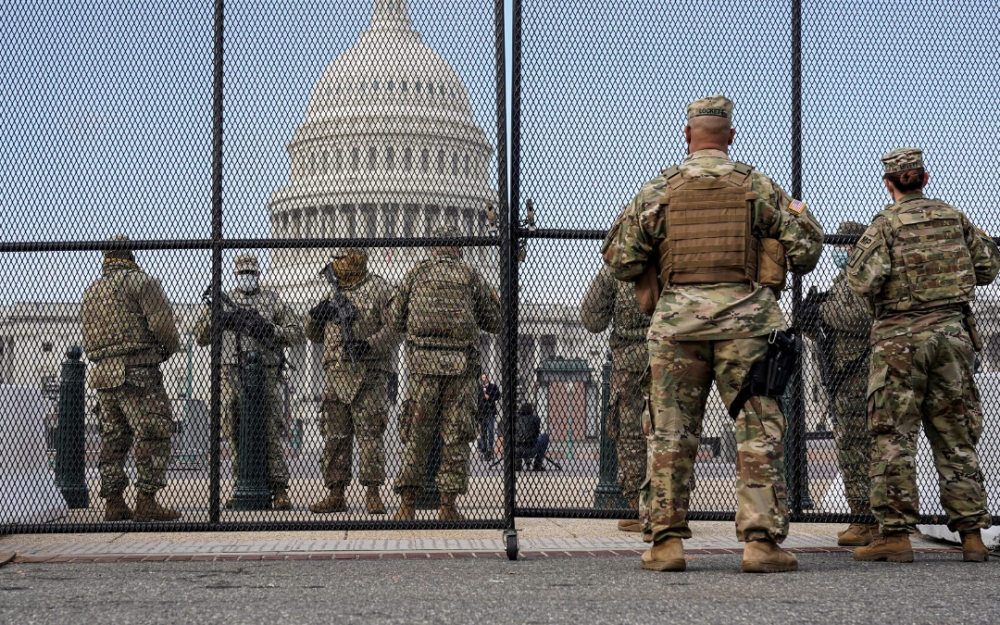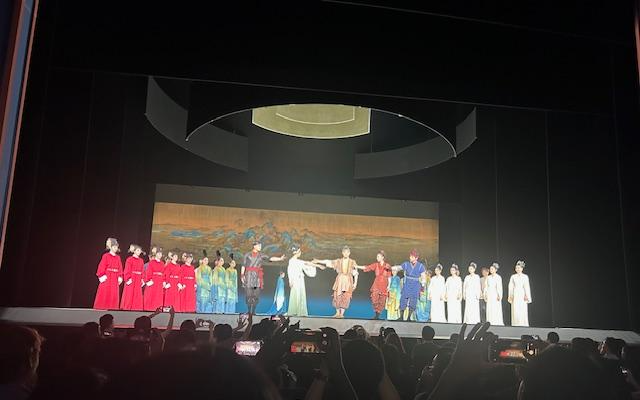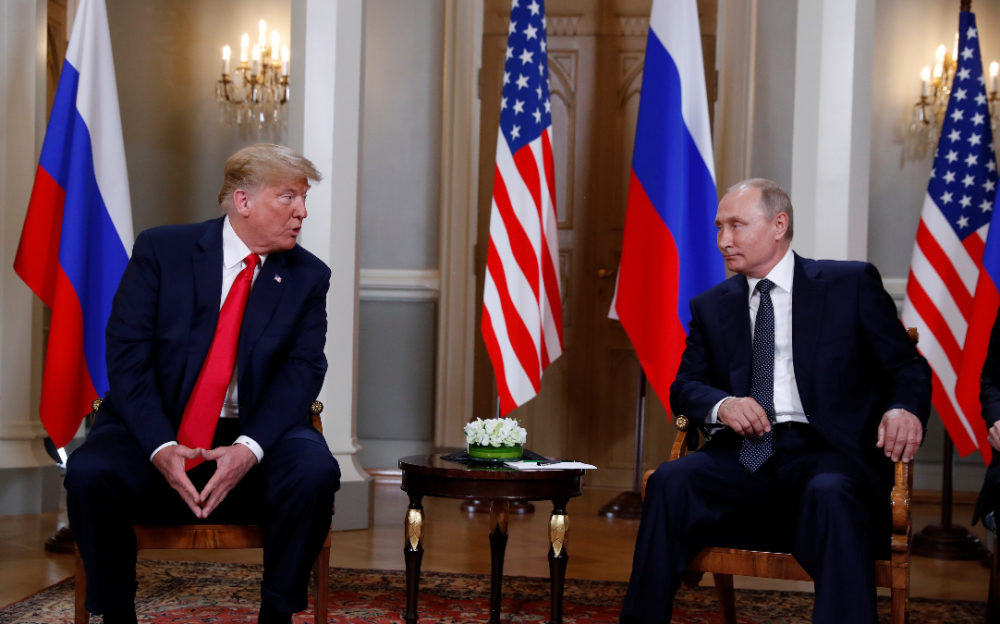中東大戰一觸即發

The Middle East On The Brink Of War
This ancient and war-ravaged land known as the Middle East once again finds itself in the heavy silence of a night before flames. From the southern shores of Lebanon on the Mediterranean to the desolate sands of the Euphrates, a war that seems both unforeseeable and yet inevitable is drawing near.
The confrontation between Hamas and Israel has yet to subside, while Hezbollah’s rockets now pierce the night sky, aimed at the borders of Galilee. Farther afield, the shadow of Iran stretches across the region from the Persian Gulf, confronting the steel fleet of the United States on the waters—an eerie echo of the Cold War’s ghostly standoff. The sparks of war are no longer merely the product of bilateral hatred; they are now fueled by the escalation and fracture of an entire geopolitical chessboard.
History, it seems, is doomed to repeat itself here. From the carving up of territories by Western powers after World War I, to the First Arab-Israeli War in 1948 following the founding of Israel, and the Yom Kippur War of 1973—each conflict has left behind deep scars of blood and fire. Each has revealed to the world the inextricable entanglement of faith and ethnicity, power and petroleum in this volatile region.
Today’s Middle East is no longer merely a battleground between Arabs and Jews—it has become a proxy arena for major world powers. The friction between the United States and Iran, Russia’s entrenched presence in Syria, and China’s quietly expanding economic influence all contribute to the complexity of this “war not yet begun.” Should the flames ignite, the consequences will reach far beyond Gaza or Israel, shaking global energy markets and triggering new waves of refugees.
And yet, teetering on the cliff’s edge of war, there remains a faint glimmer of peace. Regional diplomacy is still in motion. The United Nations has not fallen silent. The voices of civil society—of ordinary people yearning for a future without bombs—have not been entirely drowned out. We know that war has never brought true victory. Only dialogue, understanding, and compromise can bring long-awaited peace to this land.
“To be on the brink” is not a verdict of fate—it is a warning, a call to all who watch from afar. Before fire rains down and swords fall, can we still choose another path?
































